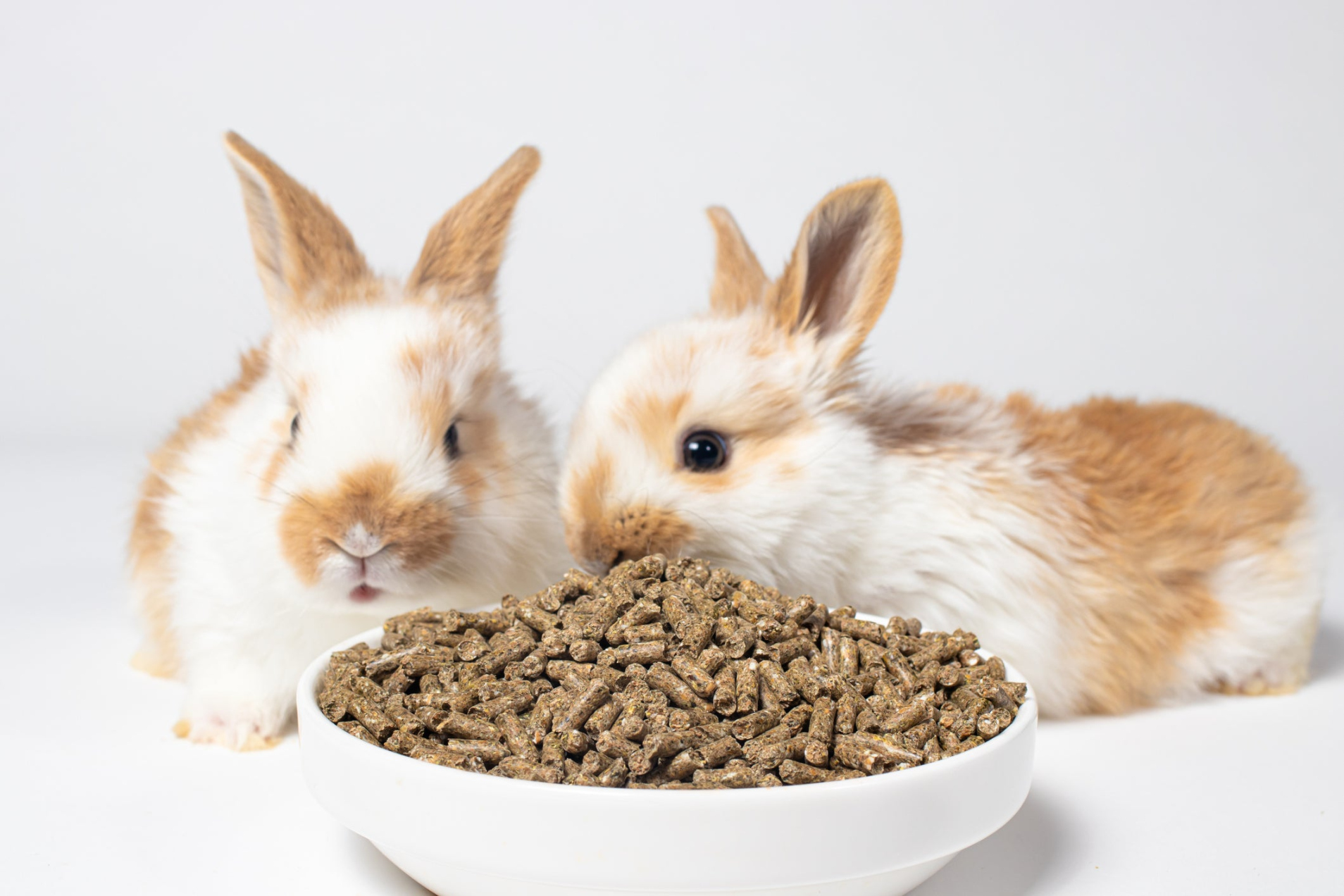What to Eat Rabbit?
When it comes to deciding what to feed your pet rabbit, it is essential to provide a balanced diet that meets their nutritional needs. Rabbits are herbivores, which means their diet should consist mainly of hay, fresh vegetables, and a small amount of pellets. Let’s take a closer look at each of these components.

Hay
Hay is the foundation of a rabbit’s diet and should be available at all times. It provides essential fiber that aids in digestion and helps wear down their constantly growing teeth. Timothy hay is the most commonly recommended type, but other varieties like orchard grass or oat hay can also be included. Make sure the hay is fresh, free from mold or dust, and stored in a dry place to maintain its quality.
Fresh Vegetables
Vegetables are an important part of a rabbit’s diet as they provide essential vitamins and minerals. However, not all vegetables are suitable for rabbits, and some can even be harmful. The key is to introduce a variety of leafy greens gradually and monitor your rabbit’s response. Some safe options include:
- Leafy greens: romaine lettuce, kale, spinach, and parsley
- Vegetables: carrots, bell peppers, broccoli, and celery
- Herbs: basil, cilantro, dill, and mint
It is best to offer a mix of different vegetables to provide a balanced diet. Remember to wash them thoroughly and remove any pesticides before feeding them to your rabbit. Introduce new vegetables gradually to avoid digestive upset.
Pellets
Pellets are a concentrated source of nutrients and can be a part of a rabbit’s diet, but they should not be the main focus. Look for high-quality pellets specifically formulated for rabbits, avoiding those with added sugars or artificial additives. Offer a small portion of pellets (approximately 1/8 cup per 5 pounds of body weight) to prevent overeating and obesity. Always check the expiration date and store them in a cool, dry place to maintain their freshness.
Feeding Guidelines
Now that we have discussed the basic components of a rabbit’s diet let’s dive into some feeding guidelines to ensure your furry friend’s well-being:
- Hay should make up the majority of your rabbit’s diet, accounting for about 70-80% of their daily intake.
- Offer a variety of fresh vegetables daily, around 1-2 cups per 6 pounds of body weight.
- Pellets should be fed in moderation, with the recommended portion mentioned earlier.
- Introduce new vegetables gradually to avoid digestive issues.
- Always provide fresh, clean water in a water bottle or bowl. Check and refill it daily.
- Avoid feeding your rabbit sugary treats or human food, as it can lead to obesity and digestive problems.
- Monitor your rabbit’s weight to ensure they are maintaining a healthy size. Consult a veterinarian if you notice any sudden weight loss or gain.
FAQs (Frequently Asked Questions)
1. Can rabbits eat fruits?
Yes, rabbits can eat fruits, but they should be given in moderation since they are high in sugar. Good options include small amounts of apples, pears, and berries. Remove any seeds or pits and introduce them gradually to prevent digestive upset.
2. Are there any foods that rabbits should avoid?
Yes, rabbits should avoid certain foods as they can be toxic or cause digestive issues. Some examples include chocolate, avocado, onions, garlic, and iceberg lettuce. Keep your rabbit’s diet restricted to safe and rabbit-friendly options.
3. How often should I change my rabbit’s hay?
You should change and replenish your rabbit’s hay daily to ensure freshness and prevent mold or dust accumulation. A constant supply of fresh hay is crucial for their dental and digestive health.
4. Can rabbits drink milk?
No, rabbits are lactose intolerant and should not be given milk or any dairy products. Water is the only suitable drink for rabbits, and it should be provided at all times.
By following these guidelines and providing a well-balanced diet, you can keep your rabbit happy and healthy. Remember to consult a veterinarian if you have any specific concerns or questions regarding your rabbit’s diet or overall well-being. A proper diet is an essential part of responsible rabbit ownership!
Related Articles…
Copyright Notice:
Images displayed on this website are not our property, but are procured from the internet. If you hold copyrights to any image and wish for its removal, please get in touch with us.